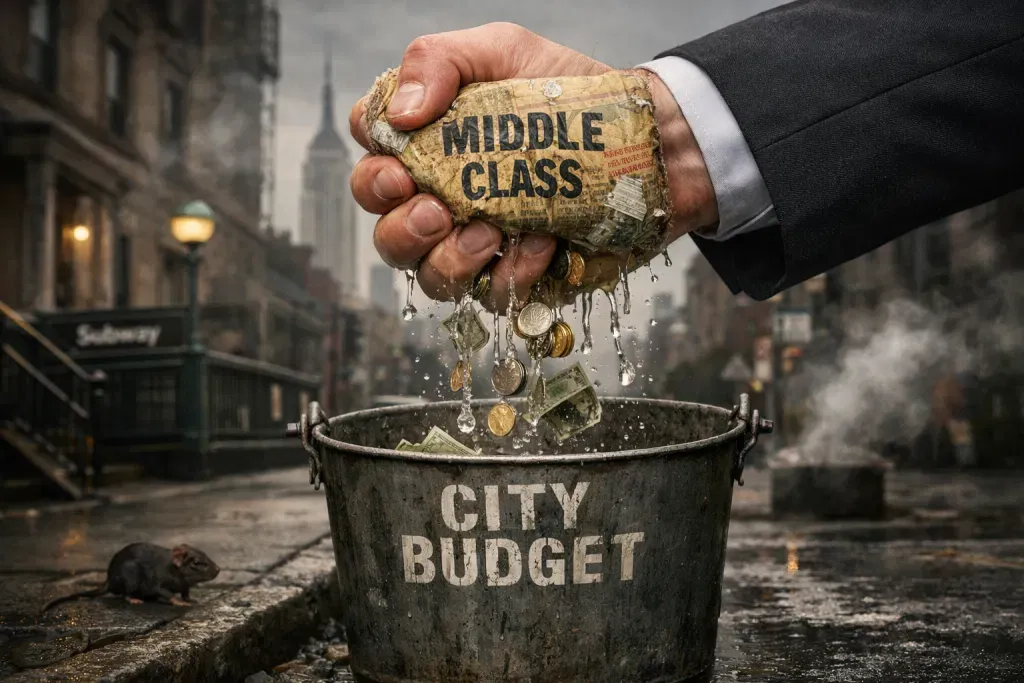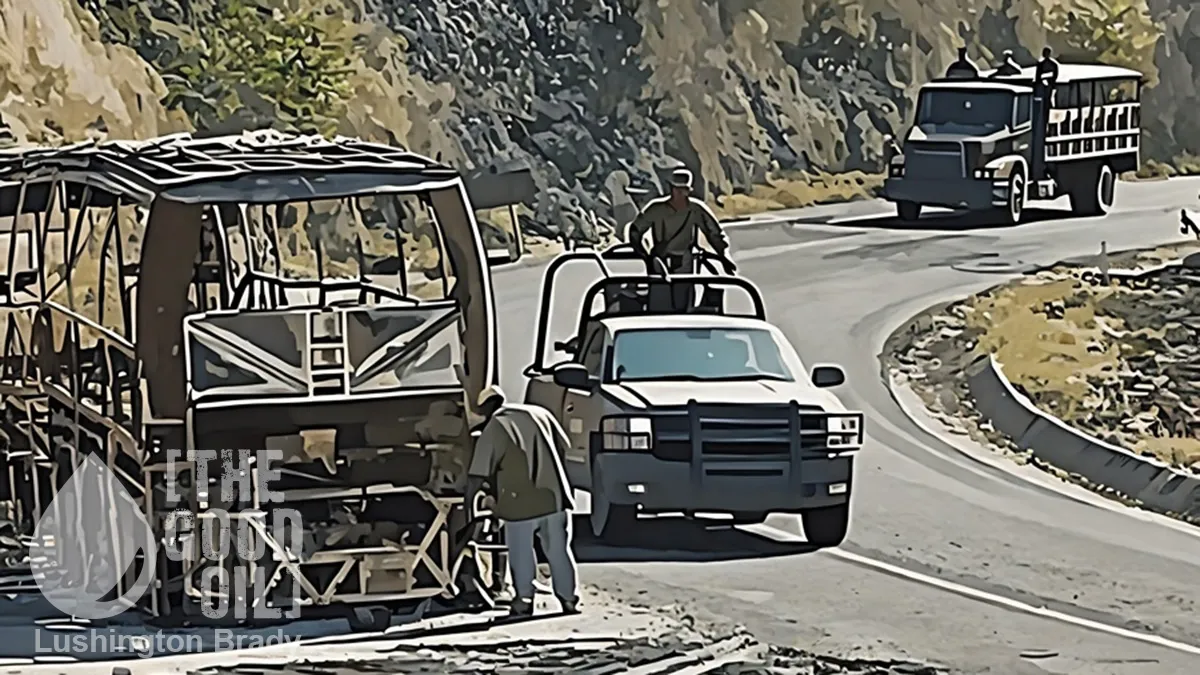Table of Contents
Rowan Light
maxim.org.nz
The notion that “history is written by the winner” might seem clichéd but, as the Chinese Communist Party’s (CCP) crack-down on history education in Hong Kong shows, it’s one that should give us cause to reflect on how precious (and precarious) the teaching of history can be.
In one of the more sinister aspects of the attack on civil liberties in Hong Kong, one pro-Beijing spokesperson threatened that teachers should remember this lesson of history: “The winner is king, the loser an outlaw,” adding that “When you lose and fail, you will be beheaded. And there’s no achieving justice by violating the law.”
If you control history, you can shape how people see their world
Having won the fight, the CCP is determined to squash all signs of dissent, even from the past. Passages from the philosopher Su Xun, known for 11th-century essays on wars and military reforms, have already been redacted from school textbooks, because Su’s teaching could “incite violence in students or make them think revolution is good.”
Such flagrant repression reveals something important: the CCP is well aware (and fearful) of the power of history. If you control history, you can shape how people see their world – including omitting the parts that are discomforting or threatening for those in positions of power.
As New Zealanders, we’re fortunate to be able to learn about our past free from government edict. Such precious freedoms, however, need to be cultivated, and not taken for granted. One way we might do this is by paying attention to our own history education.
In the next month or so, the group of historians who have been developing the new national history curriculum in schools will release their proposed resource for public consultation.
The New Zealand public will be able to have their say on how and what history should be taught in our schools
Unlike the people of Hong Kong, the New Zealand public will be able to have their say on how and what history should be taught in our schools.
As the CCP knows, rigorous history teaching can provide crucial skills and knowledge for critical thinking. Without these tools, we can be more easily caught up in dogmatic political narratives.
For this reason, we should be suspicious of history that only puts our society in a flattering light. Rather, it’s the parts of history that make us uncomfortable that we should pay attention to. What is unfamiliar and unsettling can open up new ways of thinking about the world.
History teaching can provide crucial skills and knowledge for critical thinking
We should hope for a national curriculum that creates space for controversy, debate, and critique; one in which we encounter a past that challenges us and provokes arguments across the dinner table and watercooler.
History education is key to a healthy political culture. This also means thinking about the wider “ecosystem” of how we share stories of the past: the networks of civil society, such as families, communities, and museums, as well as the classroom and textbooks. The history curriculum isn’t just something for government panels and teachers to consider: it’s something all New Zealanders should want to engage with and take ownership of.
It’s only then that we can ensure that history is not just “written by the winners” but shared by everyone.
If you enjoyed this BFD article why not share it with a friend?









